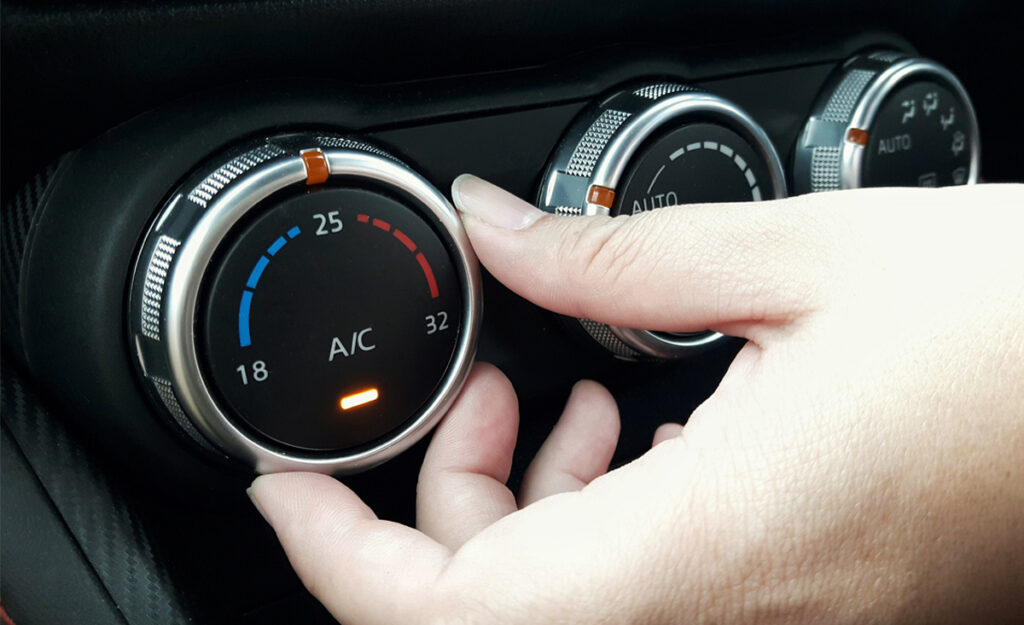
It’s more fuel-efficient to use your car’s air conditioner (AC) at speeds above approximately 60km/h, but below this, an open window will ensure that you use as little petrol as possible to stay cool.
Depending on the age of your car, an air conditioner can have anywhere from a negligible to noticeable effect on fuel economy, with older autos generally being impacted more by AC than newer ones.
An AC uses a compressor connected to the belt of the engine in order to function; it therefore adds load to the motor and uses fuel when turned on.
There are many estimates out there that say your car’s efficiency will go down by as much as 10%, or by 0.2-1.0l/100km, or by some other arbitrary number when the AC is activated – but the truth is, it all depends on factors such as the make and model of vehicle, its age, its condition, ambient and cabin temperatures, how cold or hot you want it to be, the list continues.
One thing is certain, turning on the AC will affect fuel usage, even if you don’t notice it right away.
Best ways to use your aircon
As mentioned above, using an aircon becomes more efficient at high speeds than an open window due to the aerodynamic drag an open window creates, revealed a study by the Society of Automotive Engineers.
Beyond this, there are a few other AC usage tips to consider if you’re adamant about making every millilitre of petrol count.
Maximum low temperatures require more gas to attain than moderate settings, so it’s recommended to adjust the temperature as high as comfortably possible to save propellant.
Setting the AC on recirculation mode will further help in cutting down a fraction of wasteful fuel spend, as it will have to use less energy to keep the cabin air at the same temperature than to cool outside air before pumping it into the passenger cell.
General maintenance practices such as making sure the compressor has enough gas and the filters are clean go a long way in ensuring optimal airflow from the AC, too, and thus, better economy.
Fortunately, according to Chapel Hill Tire, it does not really matter how fast you run the AC as it burns an equal amount of fuel either way.
While the temperature is controlled by the compressor, the motor that regulates how fast the fan blows is generally powered by the alternator and forces no additional load onto the engine itself, meaning that keeping the AC on full blast will be the same as on its lowest setting as far as fuel usage is concerned.











